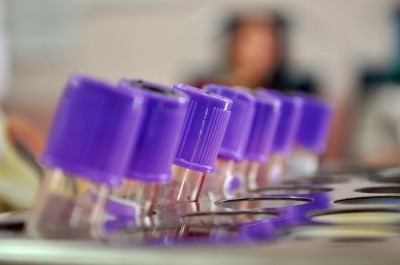The next chapter: Saga raises $4.24m to develop precision oncology genomics testing

Sweden-based Saga Diagnostics AB provides molecular genetic testing of tissue biopsies and blood samples.
Applications of the company’s technology include patient stratification, companion diagnostics, monitoring response to cancer therapies, identifying disease relapse, and aiding treatment decisions, according to Saga.
The company – a spin-out from research at Lund University – today announced it has raised SEK 40mm ($4.24m) in venture-backed financing led by Hadean Ventures, a European life science fund manager, and existing shareholders, including Fårö Capital and the Gunnar Nilsson Cancer Foundation.
The funding will be used to grow the company, expand operations, and complete regulatory steps, said Lao Saal, MD, PhD, CEO of Saga Diagnostics AB. It also will support the company’s clinical studies to further demonstrate the clinical utility of its tests.
The technology
Saga’s technology quantifies abnormalities in DNA, RNA, and circulating tumor DNA (ctDNA), and its main benefit is its ultrasensitivity: It can detect trace amounts of ctDNA down to a lower limit of 0.001% mutant allele frequency, said Saal.
“This is about 100-fold improved compared to other technologies,” he told us. “This is because we effectively reduce the false-positive noise that plagues all methods employing polymerase enzymes when trying to detect rare variants in a background of an abundance of wildtype DNA.”
As Saal explained, this ultrasensitivity helps inform better treatment decisions. "For example," he said, "if a known resistance mutation appears that predicts treatment failure, the ineffective treatment could be changed earlier."
Additionally, the technology can help identify patients with a targetable mutation for both FDA-approved drugs and experimental therapies in clinical trials – and it is currently being used in various ways in different studies.
“In one client study, the total ctDNA amount is being used as a surrogate for tumoral burden, to measure the response to the experimental drug to monitor the drug’s effect on tumor volume and inhibition of spread,” said Saal.
As part of a different clinical study, researchers are monitoring specific mutations, such as those in the EGFR gene, as potential resistance mechanisms to approved and experimental treatments, he explained.
After surgery and local treatments, Saal said the company also helps customers ascertain minimal residual disease.


















